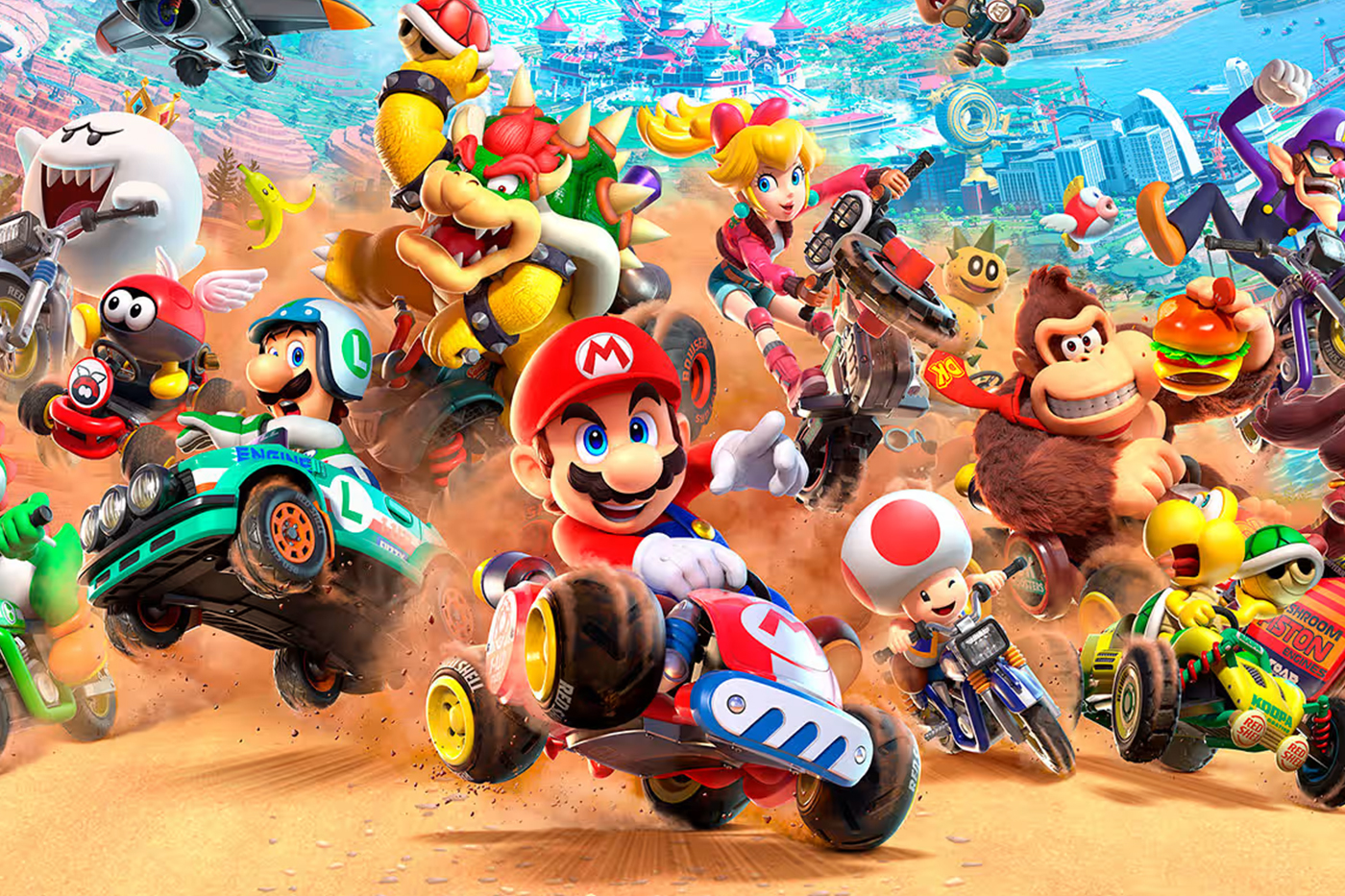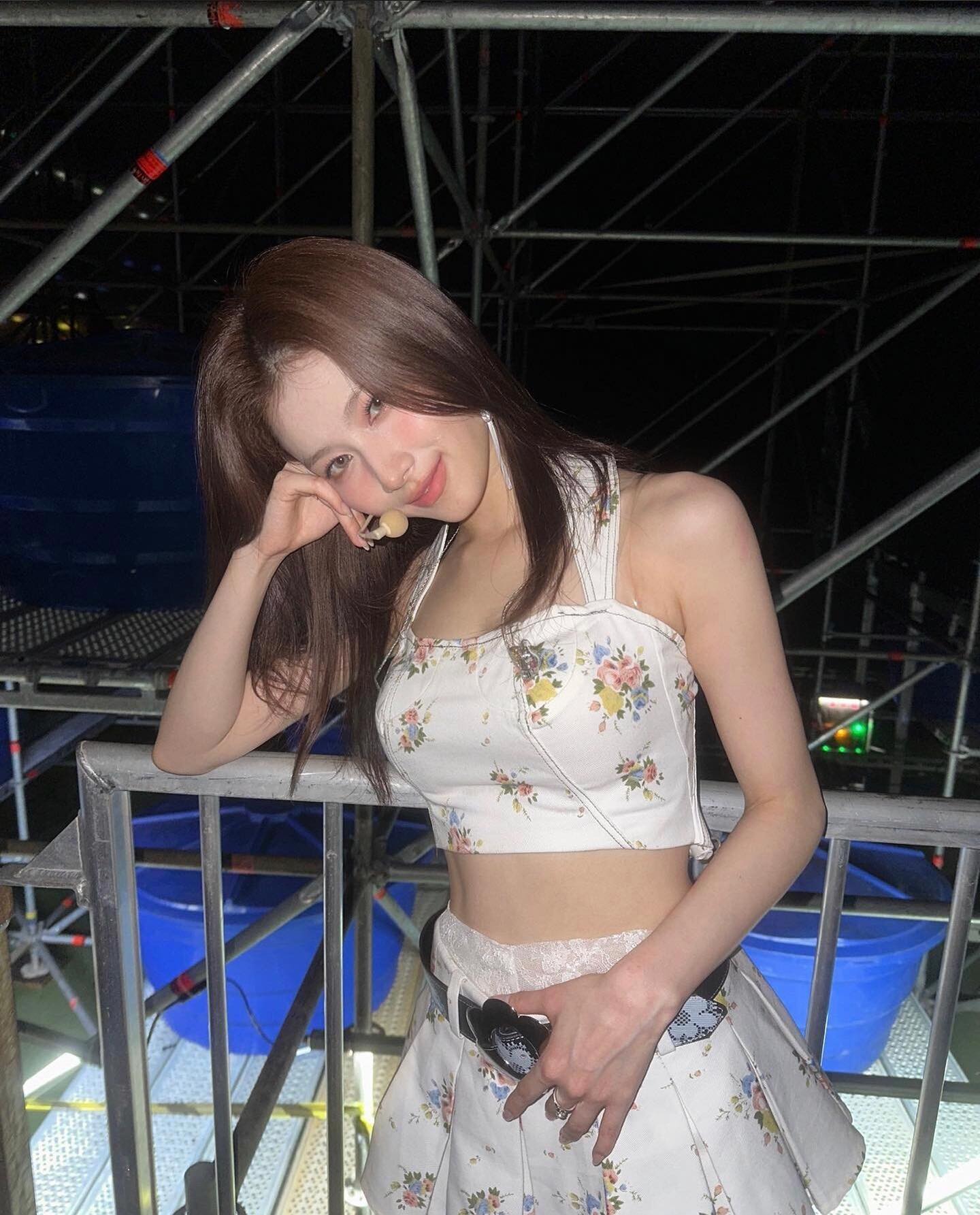According to the experts at Rosewood Hong Kong, a good life coach is essential to any wellness journey – but what actually is life coaching? Asaya’s AMY FUNG puts ZANETA CHENG through the paces.
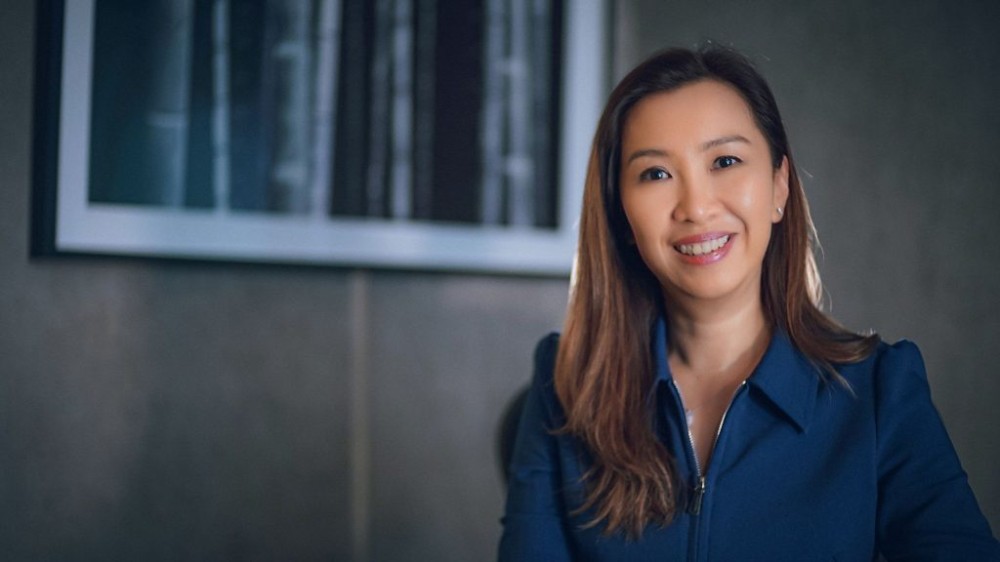
In my mid-20s, a friend of mine decided to become a life coach after getting fired from a job that was ill-suited to him. At that point in time, the prevailing sentiment among our peers was that this was a stop-gap extracurricular for someone who had lost his purpose and needed something to fill his time until he secured some gainful employment.
Nobody was sure what life coaching was and nobody thought they would ever hear of it again in a legitimate professional context. I was one of these people. But perhaps it was turning 30 during a global pandemic or entering my Saturn return, that when Asaya, the wellness centre at Rosewood Hong Kong, offered an opportunity for life coaching, I decided what the hell and signed up for a session.

Before we get into the specifics, it’s important to cover the basics. What is life coaching? According to Amy Fung, the appointed life coach at Asaya, “Life coaching is quite different from counselling. We help individuals draw out their potential so we conduct future-focused conversations to help someone get from here to there. The focus of life coaching is not on the past or trauma. We understand there is somewhere that you come from but we do not try to heal you. We help people realise what is holding them back, how they can change that, how they can move from A to B. Another difference is that we don’t diagnose your problem. We listen, connect and understand, but as a partner. The client and the coach move forward together.
“We don’t give answers because coaches believe that everyone is already complete and whole in their own way. They have their own resources. My way doesn’t necessarily fit theirs because they live their own lives. They have all the answers to their questions but we, as coaches, help bring that out by finding blind spots and drawing things out that people don’t realise are in them.”
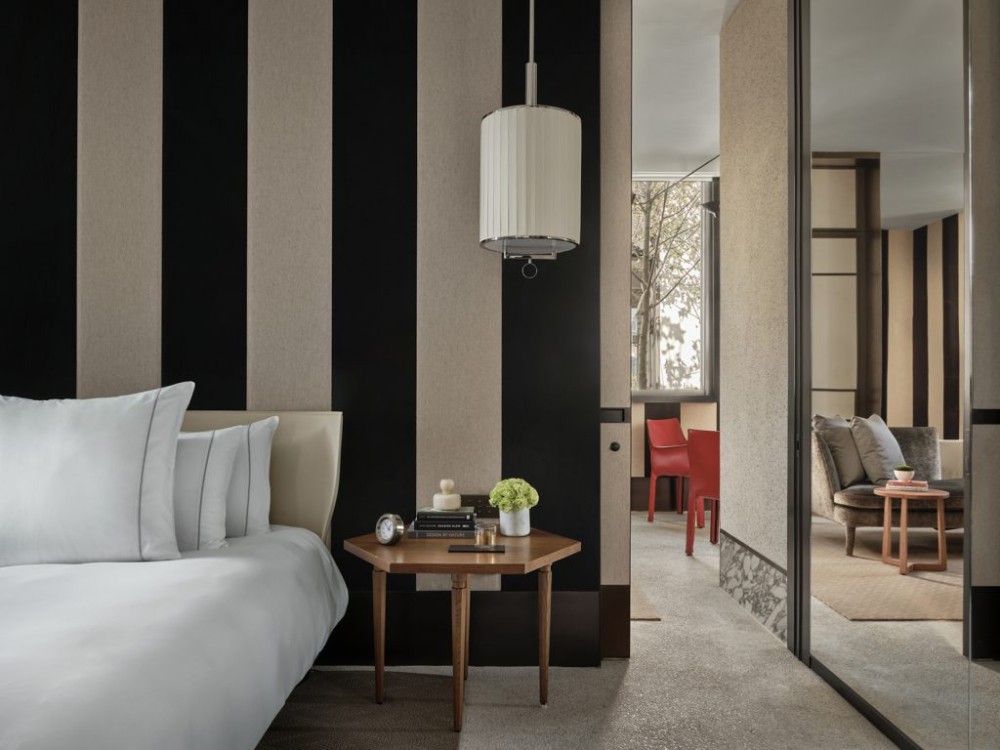
So what does this look like? In a cosy room off the back of the rest and relaxation bungalow at Asaya, Fung asks me the first question – “What would you like to address today?” It’s a pretty broad jumping-off point and I take a moment to rearrange the issues that make up my quarter-life crisis into compartments and quickly shuffle them in order of priority. This is hard because as a specific subset of Type A millennial women who truly labours under the belief that one can have it all – a career, an excellent husband, three kids and a penthouse with a Rothko (it’s the 21st century and no white picket fences can be found in Hong Kong), the grand future still seems within reach despite having secured none of the above save the career in my 20s.
I settle on career. It’s less challenging to probe something that already has a foundation. “I feel unmoored,” I say, thinking that this is a pandemic, the economy is in full global meltdown and wherever I go I now feel unsafe because of racial targeting, so I am no longer as certain of the path I should take as I once was. “I’ve lost sight of my goals.”
See also: #legendchats: Maria Wong, sound therapy specialist, on building inner strength
This is not the easiest response but I soon find out that obtuse answers are the life coach’s, or rather this life coach’s, forte. Fung easily responds, “Do you enjoy what you do?” I respond equally as easily, “Yes, absolutely.” From there a Socratic exchange takes place. “What do you enjoy about what you do?” I list them out. “Do you consider this your career?” I do. “What are you hoping to achieve?” I wax lyrical about building an oeuvre of work and possibly winning the Nobel Prize for literature.
There are many questions and it’s the equivalent of doing deadlifts for my brain. The questions are not revolutionary so much as they are the questions that you know you should probably confront but would much rather ignore. With every response, Fung identifies certain keywords. I mention “accomplishment” and she asks me to define what that means to me. The entire process is like a ping-pong game, breaking down large, lofty ideas or personal denouncements into ever-smaller units through each exchange until three to four easily actionable goals become evident. A few of mine are: write for myself for half an hour each morning and go out for dinner at least once with a different friend each week.
The result is, surprisingly, a very pleasant feeling that everything is and will be okay. It’s not a fuzzy feeling, I didn’t have a good cry, but if lifting weights produces endorphins I’d say a session with a life coach is very similar.
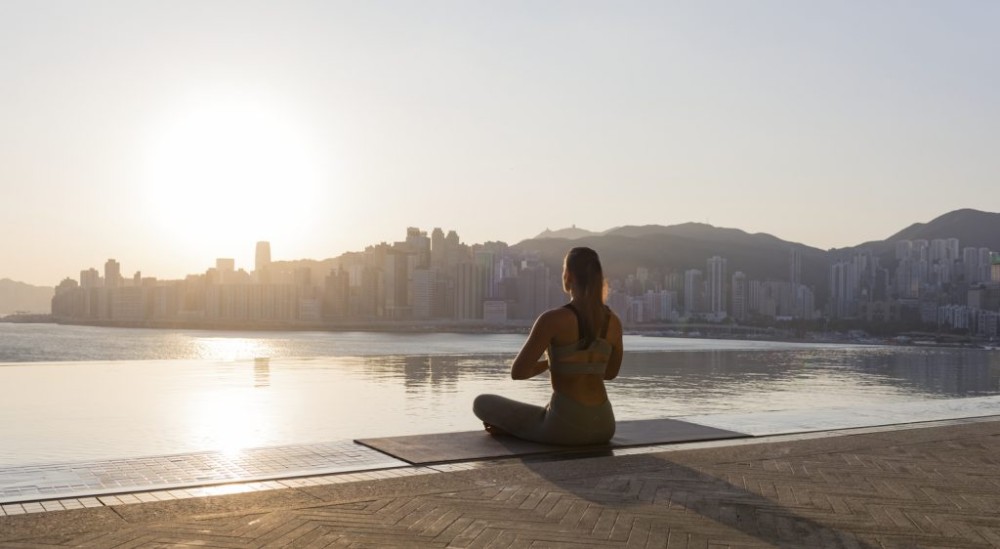
I ask Fung what her clients generally go to her for, to which she says, “People looking for direction in life, be it career or relationships. People at a crossroads, or making career transitions. Also those who are looking for personal growth and who want to make changes in life.”
Anxious for coach approval, I also ask whether I performed the way I ought to for our session – to which she laughs and says yes. “I look for rapport and commitment,” she explains. “This is my practice and not all coaches do this but I ask clients to be open-minded and to have courage. A coach will give very direct feedback, not in a judgemental way but telling you to your face what he or she observes and hears. Courage is needed to face blind spots but most importantly I ask for commitment – at the end of all the coaching sessions, there will be an action plan because what we believe in is change. We bring awareness, but in the end it’s up to the client to take action.”
Armed with the can-do of the session and my little bullet points, I walk out of the room, ping friends for dinner that weekend and set my alarm for 6am.
Learn more at rosewoodhotels.com



